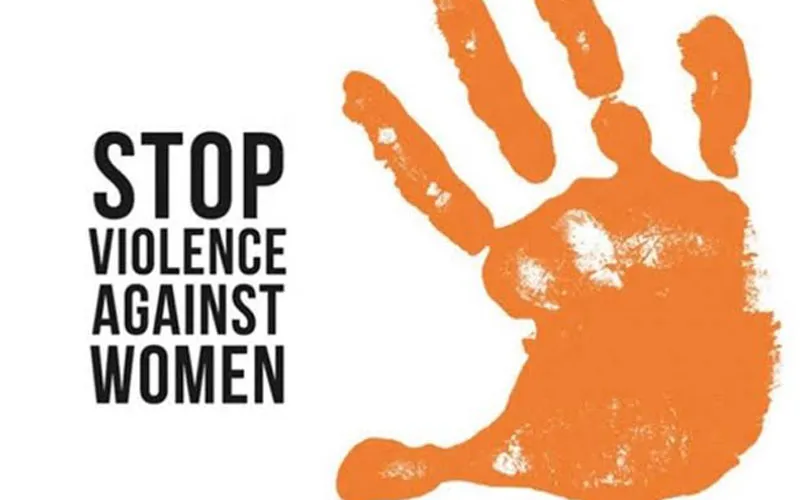Violence against women remains one of the most urgent human rights challenges in Africa, including Cameroon. It cuts across cultures, religions, and communities, leaving scars that go beyond physical harm. It silences women, shatters families, and slows down the progress of entire nations. Yet, despite the heavy weight of this issue, there is hope: societies can change, mindsets can be transformed, and women can live free from fear.
Understanding the Problem
In Cameroon and much of Africa, violence against women takes many forms:
-
Domestic violence – physical, emotional, or economic abuse within the home.
-
Sexual violence – rape, sexual harassment, and coercion, often underreported due to stigma.
-
Harmful cultural practices – early and forced marriages, female genital mutilation, and widowhood rites.
-
Economic violence – denial of women’s rights to own land, access resources, or control their finances.
According to the UN, one in three women globally experiences physical or sexual violence in her lifetime, and African women are disproportionately affected due to poverty, weak legal protections, and entrenched gender inequalities.
The Situation in Cameroon
In Cameroon, cases of domestic violence are rising, with many going unreported. Social norms sometimes silence victims, and economic dependency makes it difficult for women to leave abusive relationships. Legal frameworks exist, but enforcement is often weak, and access to justice remains a challenge, especially in rural areas.
At the same time, conflict in the North-West and South-West regions has worsened women’s vulnerability, exposing them to sexual violence, displacement, and trauma. Women are often left as heads of households in crisis, carrying the heavy responsibility of protecting their children in unsafe environments.
Why Stopping Violence Against Women Matters
-
Human Rights: Every woman deserves to live free from violence—this is a fundamental right.
-
Family Well-being: Children raised in violent homes are more likely to suffer emotionally and repeat the cycle of abuse.
-
Economic Growth: Studies show that when women are safe, educated, and empowered, nations thrive economically.
-
Peace and Stability: Societies that protect women are more peaceful, resilient, and united.
Pathways to Change
Ending violence against women requires collective effort—from governments, communities, faith leaders, civil society, and individuals. Here are some ways forward:
1. Strengthening Laws and Enforcement
Cameroon has laws against rape and domestic violence, but stricter enforcement is needed. Specialized gender desks at police stations, faster prosecution of offenders, and survivor protection measures can make justice more accessible.
2. Education and Awareness
Many harmful practices persist because of ignorance and tradition. Teaching boys and girls about gender equality, respect, and non-violence from an early age can break long-standing cycles. Community sensitization campaigns are equally vital.
3. Empowering Women Economically
When women have financial independence, they are less vulnerable to abuse. Skills training, access to land rights, and microfinance initiatives can help women build sustainable livelihoods.
4. Providing Safe Spaces and Support Services
Shelters, hotlines, counseling centers, and psychosocial support can give survivors the care they need. Communities and NGOs must work hand-in-hand to ensure these services are accessible, especially in rural areas.
5. Engaging Men and Boys
Violence against women is not just a women’s issue—it’s a human issue. Men must be part of the solution, standing as allies who challenge toxic masculinity, promote respect, and protect women’s dignity.
Stories of Courage and Hope
Across Cameroon and Africa, women are rising above violence and reclaiming their voices. Survivors have become advocates, turning pain into purpose. NGOs are stepping in with legal aid, education, and empowerment programs. Communities are beginning to challenge harmful traditions, proving that change is possible.
These stories remind us that women are not victims—they are leaders, entrepreneurs, mothers, and changemakers. They deserve a society that values and protects them.
A Call to Action
Ending violence against women in Cameroon and Africa is not optional—it is necessary for justice, progress, and humanity. Each of us has a role to play:
-
Governments must strengthen laws and allocate resources.
-
Communities must reject harmful practices and support survivors.
-
Faith leaders must use their influence to promote dignity and respect.
-
Men and boys must become champions of equality.
-
You and I must speak up, stand with survivors, and demand change.
Final Thought
Violence against women is not just a private issue; it is a public crisis that demands urgent action. A society that protects its women protects its future. In Cameroon, and across Africa, the time to act is now. Let us stand together, raise our voices, and build a continent where women live free from violence—safe, empowered, and unstoppable.

